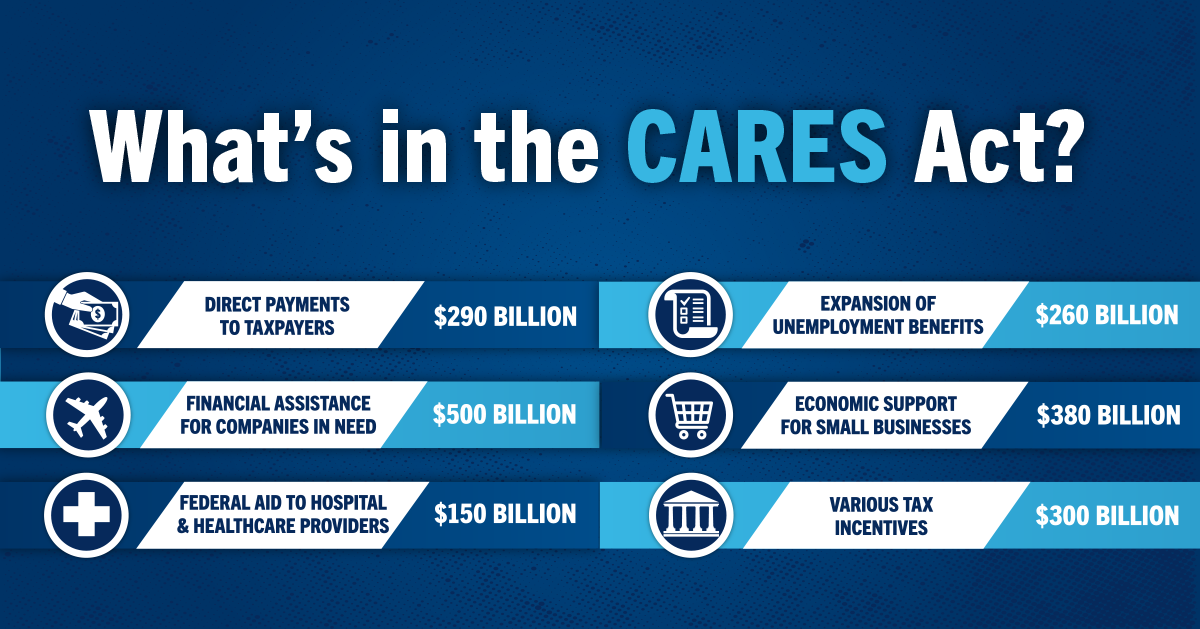As millions of Americans face eviction through no fault of their own, I spoke to Bart Naylor, financial policy advocate with Public Citizen , about the stimulus bill passed on March 25th and the one now pending.
Ann Garrison: Most of us have heard that the Coronavirus Aid, Relief, and Economic Security (CARES) Act is full of handouts to huge corporations, but I heard you say, in an interview on WNHN-New Hampshire, that most of that money hasn’t yet gone out the door. If so, why not?
Bart Naylor: It’s not clear. The Federal Reserve and the Treasury decide where the $500 billion under Title IV of the CARES Act goes. They’ve put some conditions on it, such as no buybacks. Buybacks are where the company buys its own stock. Doing that is a complete declaration of failure that the CEO can’t find use for the firm’s cash to further employ people and stimulate the economy. But it raises the stock price, and since CEOs are paid in stock options, that raises CEO pay. The perversion of taxpayer-funded buybacks is one thing we have to be vigilant to prevent.
AG: How else might CEOs misuse stimulus funds?
BN: The list of what management can do wrong is as long as the daily newspaper: Boeing crashes, mine disasters, monopolistic practices, drug price gouging. Some of this is illegal. Who pays the fine? Shareholders. When these companies misbehave going forward, it is literally going to be the taxpayers paying the fines, since it’s their/our money funding the firms—and their inevitable misconduct.
AG: Are funds allocated in the CARES Act going to more prosperous and therefore whiter neighborhoods?
BN: Absolutely. One study found that a Black Congressional district in Missouri got one-eighth the amount of Paycheck Protection Program funding that a white district in Idaho did. Same number of people, one eighth the help.
AG: Is this because stabilization, not change, is the goal of the Paycheck Protection Program? Because it therefore aids districts with higher rates of employment and pay?
BN: It’s a black box. It’s not clear why banks approved PPP funds for white businesses over black businesses. But they did.
AG: What do you think is most needed in the next stimulus bill?
BN: There’s desperate need for more aid for the unemployed. Even the Republicans agree. Hopefully more conditions will be established in this next iteration of a trillion dollar package, including limits on CEO pay, so they can’t siphon it off.
AG: What’s in the Health and Economic Recovery Omnibus Emergency Solutions (HEROES) Act?
BN: As of now, there will be no HEROES Act. That’s a House bill. The Senate bill is the Health, Economic Assistance, Liability Protection and Schools (HEALS) Act. All the negotiations are about the Senate. Once again, to get anything, the House will have to pass what the Senate agrees to.
AG: Will the HEALS Act be another huge cash payout to the already rich with crumbs for the rest of us?
BN: Yes. Maybe not crumbs, but too much will go to the 1 percent.
AG: Shouldn’t the money go more directly to the people in the form of cash grants, a universal basic income, and much needed infrastructural projects like those undertaken during the New Deal?
BN: Yes. We need a national industrial commission, a permanent one, so that the next time this happens, we don’t pass a multi-trillion-dollar law in 11 days, written by sleep-deprived staff and inattentive lawmakers who are making this all up on the fly.
AG: Before the CARES Act passed, Alexandria Ocasio Cortez, Bernie Sanders, and probably a few others wailed that they were being forced to vote for the giveaway just to get the crumbs for the rest of us? Do you think, as many angry leftists said, that they shouldn’t have voted for it? And do you think they should refuse if the HEALS Act does the same?
BN: I’ve never run for political office and I would be paralyzed by such a Sophie’s Choice, but in the end, I would not vote for either.
AG: On July 10, the CNBC reported that 28 million Americans are facing eviction and foreclosure due to the depression caused by the coronavirus. Twenty days later, on July 30, they reported that 40 million are. What can be done to stop this?
BN: Very tough situation. That’s one reason that more aid for the unemployed is desperately needed. Also, landlords need revenue to maintain rental property, so Congress must pass landlord help, but only on the condition that evictions are halted.
Ann Garrison is an independent journalist based in the San Francisco Bay Area. In 2014, she received the Victoire Ingabire Umuhoza Democracy and Peace Prize for her reporting on conflict in the African Great Lakes Region. Please help to support her work on Patreon. She can be reached at ann-at-anngarrison.com.












